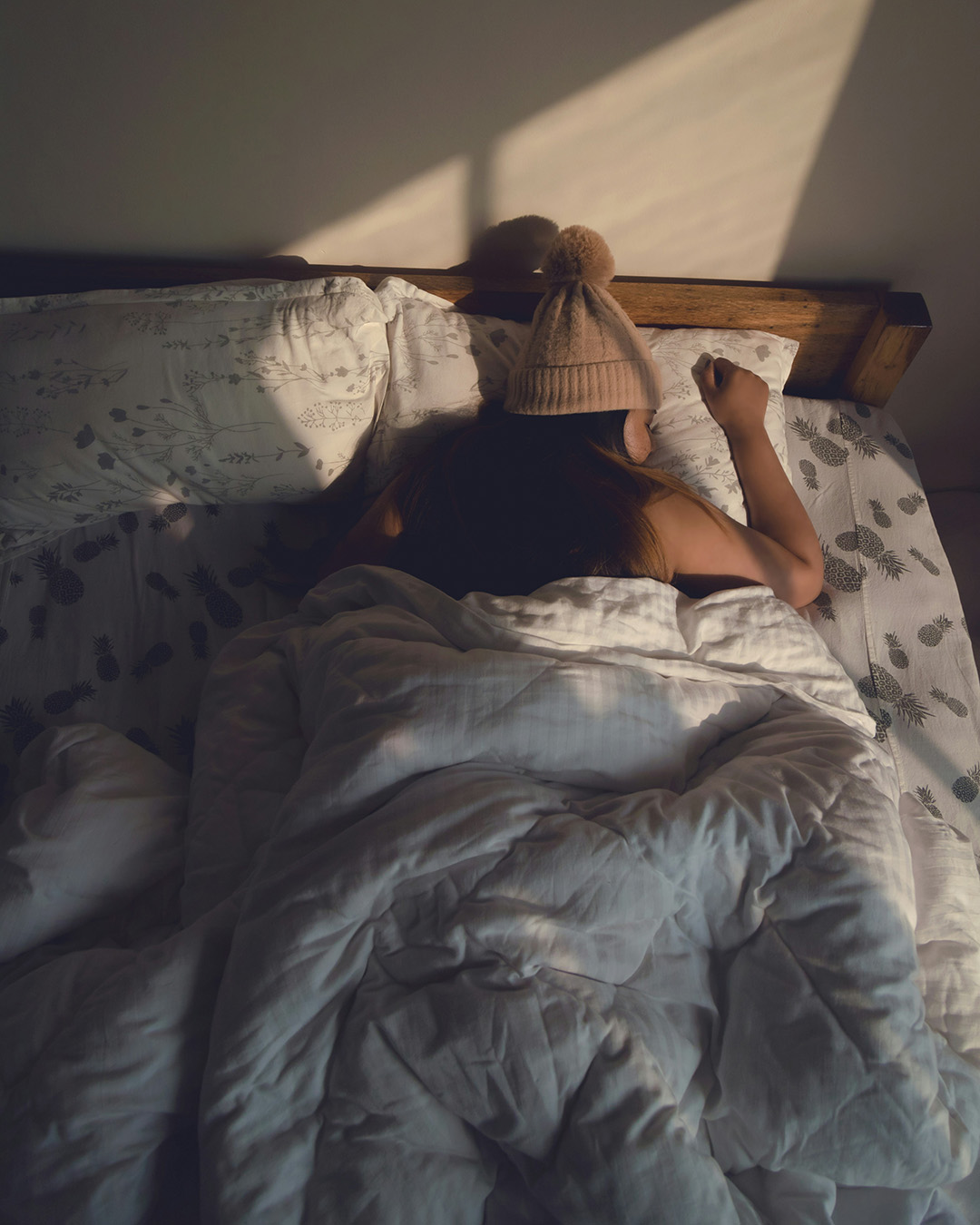Lying in bed, staring at the ceiling, and wondering why sleep won’t come? You’re not alone. Trouble falling asleep is one of the most common sleep problems, affecting millions of people worldwide. Whether it’s due to stress, too much screen time, caffeine, or an irregular sleep schedule, struggling to doze off can be frustrating. The good news is that there are ways to improve your sleep habits and fall asleep faster.
Why Does It Happen?
If you’re struggling to fall asleep at night, it’s essential to understand the potential causes. Here are some of the most common reasons:
- Too Much Stimulation Before Bed – Bright lights, watching TV, and scrolling on your phone can make it harder for your brain to wind down. The blue light emitted by screens interferes with melatonin production, the hormone that signals your body it’s time to sleep.
- Caffeine or Sugar Late in the Day – That afternoon coffee or sugary snack might still be in your system by bedtime, keeping you alert when you should be winding down.
- Stress and Anxiety – A racing mind can be one of the biggest barriers to sleep. If you’re thinking about work, personal issues, or tomorrow’s to-do list, it can be difficult to relax enough to fall asleep.
- Inconsistent Bedtime – Your body thrives on routine. Going to bed and waking up at different times each day can disrupt your internal clock, making it harder to fall asleep when you need to.
How to Fall Asleep Faster
If you find yourself tossing and turning at night, there are several steps you can take to improve your chances of falling asleep more quickly.
- Create a Bedtime Routine
Developing a relaxing pre-sleep routine can signal to your body that it’s time to wind down. Consider activities like reading a book, taking a warm bath, or doing light stretching before bed. - Turn Off Screens Before Bed
Since blue light from phones, tablets, and TVs interferes with melatonin production, try to shut down screens at least an hour before bedtime. Instead, engage in relaxing activities like journaling, listening to calming music, or meditating. - Watch What You Eat and Drink
Be mindful of your food and drink intake, especially in the late afternoon and evening. Avoid caffeine after lunch, limit sugar intake in the evening, and skip heavy meals right before bed. Opt for light, sleep-friendly snacks if you need a little something before bedtime. - Manage Stress Effectively
If stress and anxiety are keeping you awake, try relaxation techniques like deep breathing exercises, meditation, or journaling. Writing down your thoughts can help clear your mind and reduce nighttime worries. - Stick to a Sleep Schedule
Consistency is key when it comes to sleep. Try to go to bed and wake up at the same time every day, even on weekends. This helps regulate your body’s internal clock, making it easier to fall asleep and wake up feeling refreshed.
When to See a Sleep Specialist
If you’ve tried these strategies and still find yourself struggling to fall asleep regularly, it may be time to consult a sleep specialist. Chronic sleep difficulties could be a sign of an underlying sleep disorder such as insomnia, which may require professional evaluation and treatment.
Falling asleep shouldn’t be a struggle
By identifying potential sleep disruptors and making small changes to your bedtime routine, you can set yourself up for a restful night’s sleep. Prioritizing good sleep hygiene, reducing screen time, managing stress, and maintaining a consistent schedule are all effective ways to improve your sleep quality. If sleep problems persist, don’t hesitate to seek help—getting the rest you need is essential for your overall well-being.













